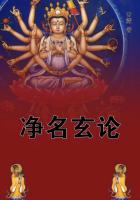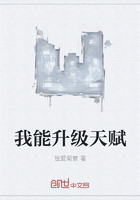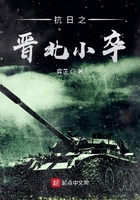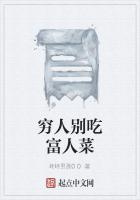With regard to methods of procedure in the hunting-field, enough has been said.[1] But there are many benefits which the enthusiastic sportsman may expect to derive from this pursuit.[2] I speak of the health which will thereby accrue to the physical frame, the quickening of the eye and ear, the defiance of old age, and last, but not least, the warlike training which it ensures. To begin with, when some day he has to tramp along rough ways under arms, the heavy infantry soldier will not faint or flag--he will stand the toil from being long accustomed to the same experiences in capturing wild beasts. In the next place, men so trained will be capable of sleeping on hard couches, and prove brave guardians of the posts assigned them. In the actual encounter with the enemy, they will know at once how to attack and to carry out the word of command as it passes along the lines, because it was just so in the old hunting days that they captured the wild game. If posted in the van of battle, they will not desert their ranks, because endurance is engrained in them. In the rout of the enemy their footsteps will not falter nor fail: straight as an arrow they will follow the flying foe, on every kind of ground, through long habituation.[3] Or if their own army encounter a reverse on wooded and precipitous ground beset with difficulties, these will be the men to save themselves with honour and to extricate their friends; since long acquaintance with the business of the chase has widened their intelligence.[4]
[1] Or, "Respecting the methods employed in different forms of the chase, I have said my say." As to the genuineness of this and the following chapter see L. Dind. ad loc.; K. Lincke, "Xenophon's Dialog." {peri oikonomias}, p. 132.
[2] Lit. "this work"; and in reference to the highly Xenophontine argument which follows see "Hellenica Essays," p. 342; cf."Cyrop." I. vi. 28, 39-41.
[3] "For the sake of 'auld lang syne.'"
[4] Or, "will place them on the vantage-ground of experts."Nay, even under the worst of circumstances, when a whole mob of fellow-combatants[5] has been put to flight, how often ere now has ahandful[6] of such men, by virtue of their bodily health[7] and courage, caught the victorious enemy roaming blindly in some intricacy of ground, renewed the fight, and routed him. Since so it must ever be; to those whose souls and bodies are in happy case success is near at hand.[8]
[5] Or, "allies."
[6] Or, "a forlorn hope."
[7] {euexia}, al. {eutaxia}, "by good discipline."[8] "Fortune favours the brave," reading {to eutukhesai} (L. D.); or if {tou eutukhesai}, (vulg.) "those whose health of soul and body is established are ipso facto nigh unto good fortune."It was through knowledge that they owed success against their foes to such a training, that our own forefathers paid so careful a heed to the young.[9] Though they had but a scant supply of fruits, it was an immemorial custom "not to hinder[10] the hunter from hunting any of earth's offspring"; and in addition, "not to hunt by night[11] within many furlongs of the city," in order that the adepts in that art might not rob the young lads of their game. They saw plainly that among the many pleasures to which youth is prone, this one alone is productive of the greatest blessings. In other words, it tends to make them sound of soul and upright, being trained in the real world of actual things[12] [and, as was said before, our ancestors could not but perceive they owed their success in war to such instrumentality[13]]; and the chase alone deprives them of none of the other fair and noble pursuits that they may choose to cultivate, as do those other evil pleasures, which ought never to be learned. Of such stuff are good soldiers and good generals made.[14] Naturally, those from whose souls and bodies the sweat of toil has washed all base and wanton thoughts, who have implanted in them a passion for manly virtue--these, I say, are the true nobles.[15] Not theirs will it be to allow their city or its sacred soil to suffer wrong.
[9] Al. "looked upon the chase as a pursuit incumbent on the young." [10] {me koluein [dia] to meden ton epi te ge phuomenon agreuein}.

